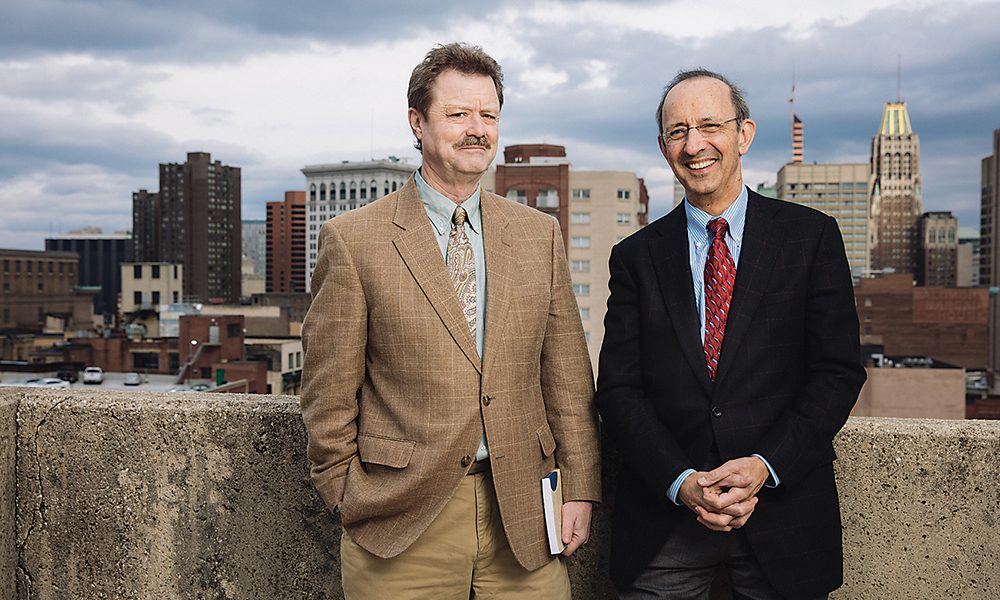News & Community
Family Ties
Two professors examine adult sibling relationships in new book.
Sibling relationships are often the longest-lasting familial bonds we have, and research suggests that maintaining them can improve quality of life and ease stresses, such as caring for aging parents. But that doesn’t mean they’re easy.
In a new book, Adult Sibling Relationships, University of Maryland School of Social Work professors Geoffrey Greif and Michael Woolley explore how people really feel about their siblings. In a nutshell: It’s complicated.
“One of the things that we’re hoping to do with the book is to try to normalize or typify what people have,” says Greif, 67, the youngest of three siblings. “So if you think you should have only affection and you don’t, you’re not a bad person. You’re not going against the societal norm.”
Starting in 2011, Greif and Woolley conducted in-depth interviews and surveys with 262 people between the ages of 40 and 90 who had at least one living sibling. They identified three broad themes that threaded through every relationship: affection, ambivalence, and ambiguity.
“Most sibling relationships, to differing degrees, have all three,” explains Woolley, 58, the middle of six, three of whom are half-siblings. “Only 8 percent report that they were never close to their siblings, and [only] 22 percent report that they were always close. So really, 70 percent of us are some conglomeration of affectionate, ambivalent, ambiguous.”
One thing that many healthy adult sibling relationships share is an emphasis on the positive.
“We have a chapter on three brothers who came up with this great way of thinking,” says Greif. “They’ve learned to interpret things in the best light. So if a brother says something and it doesn’t sound right, they don’t assume the worst, they assume the best. They refuse to go down a rabbit hole in terms of looking for the dark side.”
As for strained bonds, Greif and Woolley say it’s almost never too late to try to repair them. In fact, National Siblings Day on April 10 could present an opportunity for rapprochement.
“Write them a heartfelt, sincere, honest, direct letter about how much you wish you could find a way to bridge the gap,” suggests Woolley. “And keep it upbeat,” adds Greif.
